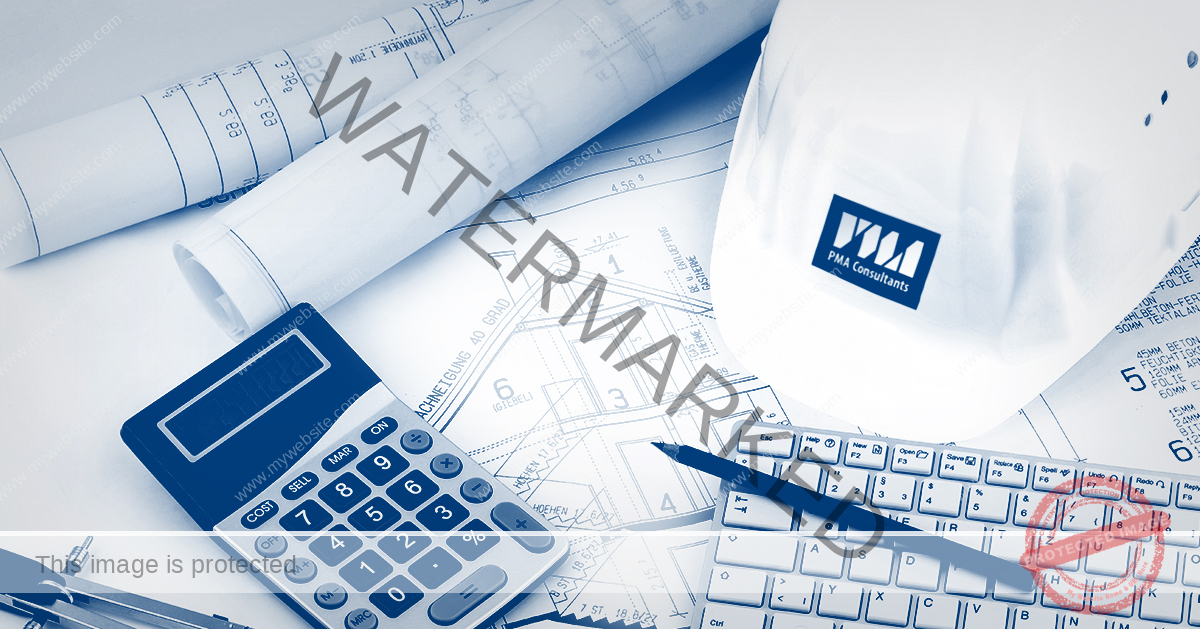Because there is more openness about finances and a worldwide push to stop financial crime, the idea of beneficial ownership is now a main part of regulatory rules. Now, businesses, financial institutions and legal entities are required to properly disclose and report ultimate beneficial owners (UBOs) to comply with new regulations. It means following strict rules for beneficial ownership reporting and thoroughly verifying businesses with Know Your Business (KYB) checks.
This article looks at what beneficial ownership is, why BOI reporting is important and how companies can comply with the rules.
What Is Meant by Beneficial Ownership?
Beneficial ownership means the real owners or controllers of a company, even if the company is legally registered under another name. Ultimate beneficial owners (UBOs) are the real people who gain from the company’s profits or have a strong say in its decisions.
Because UBOs are not always listed in company papers, it is necessary to search for them using thorough investigation in cases where a business has many layers or uses trusts or holding companies.
Why It Matters to Report on Beneficial Ownership
Reporting on beneficial ownership is now required by governments and international organizations to make companies more transparent, reduce the dangers of money laundering and stop the use of legal entities for illegal activities.
Not revealing UBOs might result in:
- Regulatory penalties or punishments
- Reputational damage
- Not being able to use financial services
- Investigations into crimes or actions to enforce the law
So, having correct UBO information is necessary for organizations to stay in line with regulations and avoid issues with the law.
A Look at BOI Reporting
BOI reporting means that companies must give information about their UBOs to the government or a corporate registry. The purpose is to have a single record of those who are in charge or gain from a legal entity.
Important Parts of BOI Reporting:
The legal names, dates of birth, nationalities and identification documents of UBOs should be provided.
Ownership Structure: Descriptions of shares, voting rights and how control is managed
Many jurisdictions need companies to report any person who holds at least 25% of the business, but this may be different in some areas
Some areas now have rules where companies must file documents at the start and update them if there are any changes in ownership.
Reporting on Beneficial Owners
Countries may have different rules, but most often, beneficial ownership reporting requires:
Entities must supply UBO details when they are formed or registered.
Updates Every Year: Changes are confirmed or new beneficial owners are declared every year.
Authorities, law enforcement and in some situations the public can access this data.
Documentation must be kept for a certain amount of time, even if the entity has closed down.
Following these standards makes it harder for shell companies to be used in financial crimes and supports AML efforts worldwide.
Why Business Verification and KYB is Important
It is not always easy to find out who the beneficial owners are. Shell structures, nominee shareholders and international holding companies can hide who really owns a company. It is at this stage that business verification and Know Your Business (KYB) are especially important.
What Does Business Verification Mean?
Business verification is about checking that a company:
- Is registered with the government.
- Does the organization have correct contact and operational information?
- Is not included on any sanction or watchlists.
- During this stage, you need to collect business licenses, tax IDs, incorporation certificates and other legal documents.
Know Your Business (KYB) is a process of collecting information about a company
KYB involves more than basic checks by exploring how the company is structured, who owns it and who is in charge. It usually consists of the following:
- Conducting an analysis of who owns what in the company
- Checking against sanctions and politically exposed person (PEP) lists
- Analyzing the risk level based on the country’s rules and the company’s business model
KYB is very important for banks, fintechs and other regulated industries because they must comply with strict AML rules.
How to Follow Best Practices for Beneficial Ownership
To comply with beneficial ownership reporting fully, companies should use these best practices:
1. Set up Internal Policies
Set up standard ways to gather and update data about UBOs. Assign specific individuals or teams to take care of compliance.
2. Ensure all records are kept in a single place.
Keep UBO information in a centralized database for security. It allows for fast access when auditors or regulators review the company.
3. Monitor Who Is Owning the Property
Check for changes in ownership or control often to make sure official records and BOI portals are updated promptly.
4. Carry out KYB Reviews from time to time.
Set up regular KYB assessments to maintain compliance, mainly when dealing with risky clients or in international transactions.
5. Follow updates in the financial regulations.
Laws around beneficial ownership are being updated around the world. Being aware of the latest beneficial ownership reporting requirements prevents you from facing penalties.
Conclusion
Beneficial ownership transparency is now required by law. As part of their duty to act responsibly, organizations should find and report ultimate beneficial owners, perform detailed business verification and set up strong Know Your Business procedures.
When businesses follow BOI reporting rules and keep accurate UBO information, they can avoid compliance risks, discourage financial crime and help build a more transparent world financial system.
Visit Hooyam for more informative blogs.















